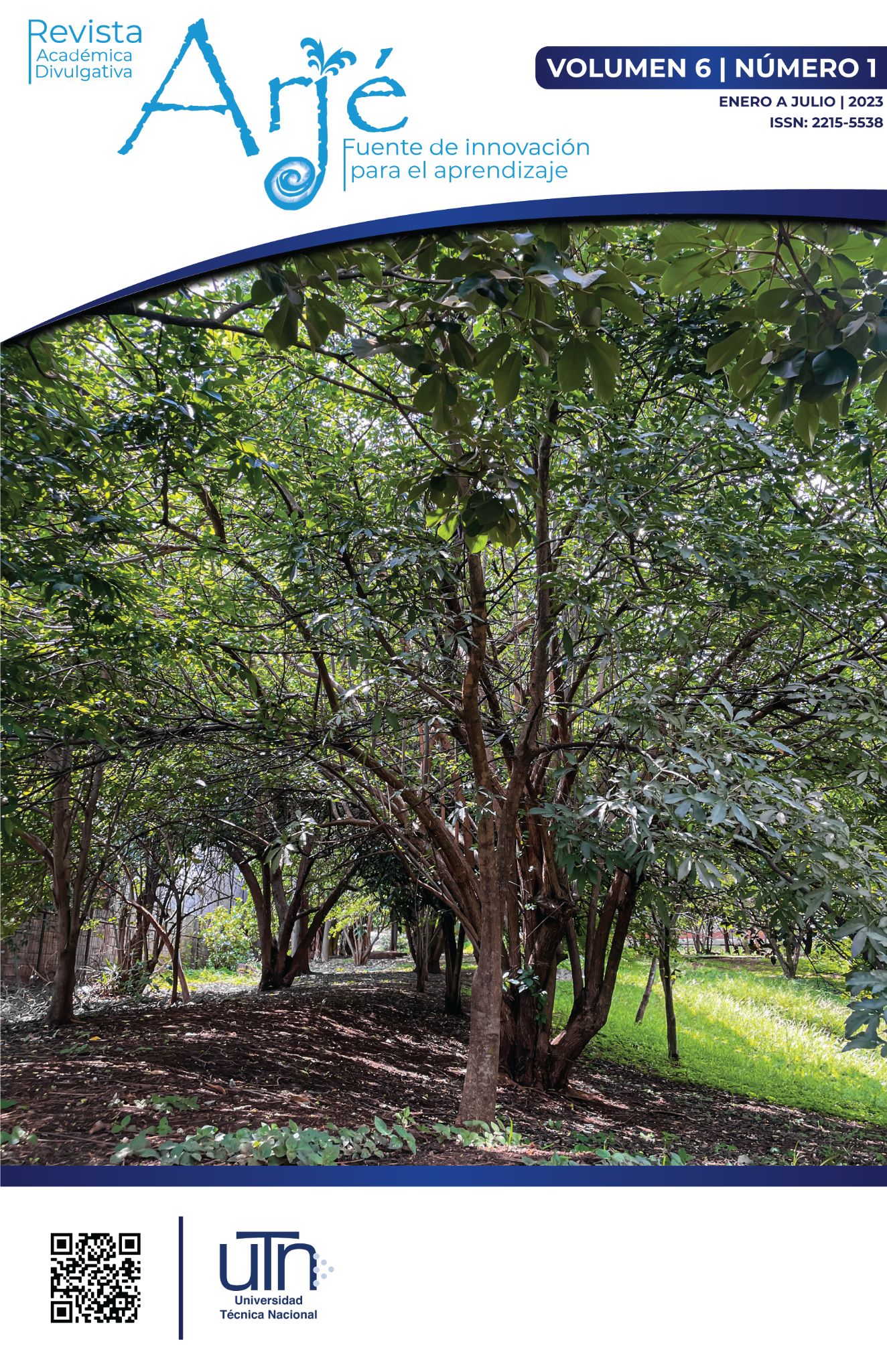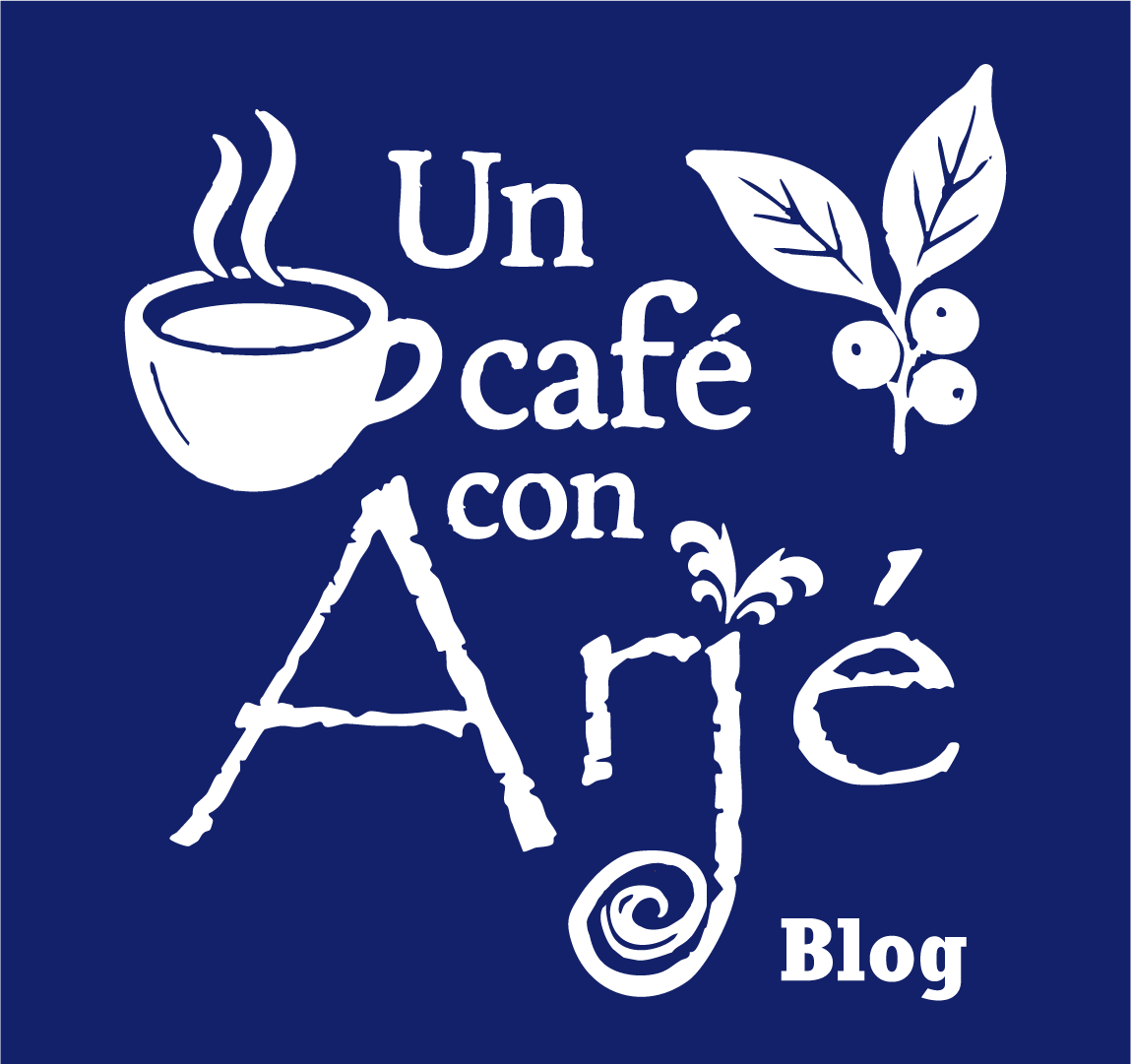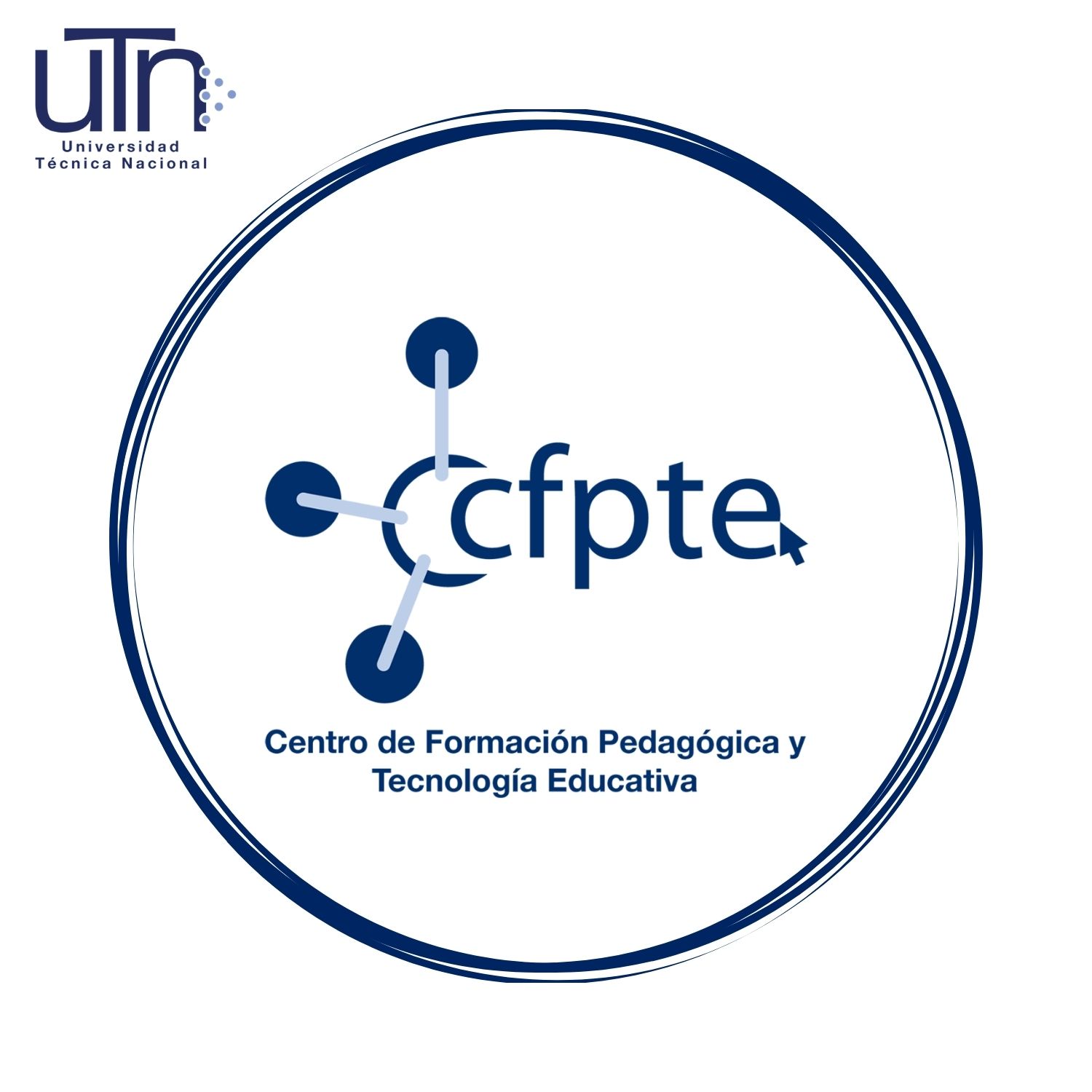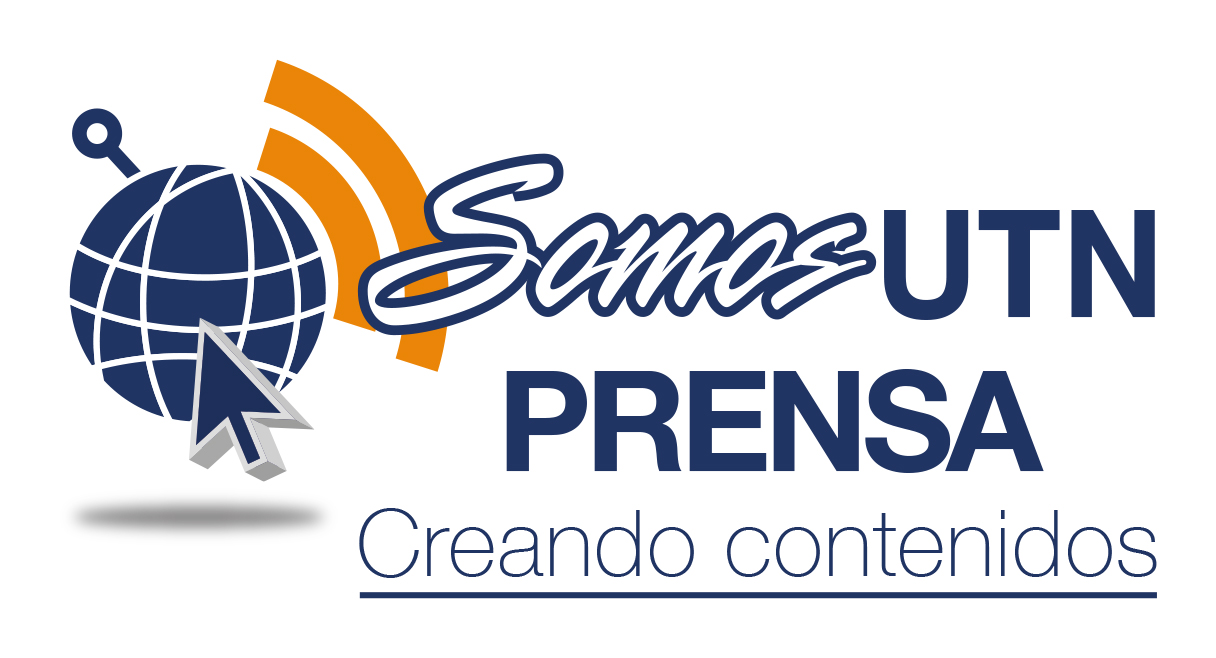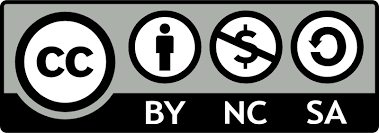Universal Design for Learning (UDL) in adult learning spaces
DOI:
https://doi.org/10.47633/arje.v6i1.616Keywords:
Universal Design for Learning (UDL), Pedagogical Mediation, Inclusion, Individual Skills and CompetenciesAbstract
Universal Design for Learning (UDL) provides multiple ways for learning, thereby responding to the diversity and inclusion of thousands of students in different educational and academic training centers. This experience was carried out in the Guatemala Republic School of Costa Rica, where this design was put into practice, considering individual differences, contexts, learning pace, progress in academic performance, personal skill, and competencies. According to Pastor (2017) there is evidence of great concern from the international arena regarding the high levels of school failure, which is linked to social inequalities, which translate into exclusion processes for many citizens. Therefore, it is important to reflect that, from didactic planning, pedagogical mediation should be considered within the framework of Universal Design Learning, which provides, through its principles and guidelines, learning opportunities for students and breaks with the social inequality gap that exists. Moreover, it is important that pedagogical mediators offer various learning environments in which minors, young people, and adults construct meaningful learning based on their individual competencies and skills. UDL proposes various planning methods, where the teaching person must articulate Universal Design for Learning with pedagogical mediation, while responding to the principals of providing multiple forms of Engagement, Representation, and Action-Expression, which guide the consideration of individual differences and respond to inclusion.
Downloads
References
García Navarro, X. y Bermúdez López, I. L. (2020). Educación inclusiva: una escuela para todos. Editorial Universo Sur. https://elibro.net/es/lc/biblioutn/titulos/131895
Pastor, C. (2017). Diseño Universal para el Aprendizaje: un modelo teórico práctico para una educación inclusiva de calidad. https://dialnet.unirioja.es/servlet/articulo?codigo=7449797
Pastor, C. A., Sánchez, J. M., & Zubillaga, A. (2014). Diseño Universal para el aprendizaje (DUA). https://www.educadua.es/doc/dua/dua_pautas_intro_cv.pdf
Downloads
Published
Issue
Section
License
All articles in the Revista Académica Arjé are published under the Creative Commons Attribution-NonCommercial-ShareAlike 4.0 International License (CC BY-NC-SA 4.0).
This means that:
-
Attribution: Proper credit must be given to the original authors, a link to the license must be included, and any changes made must be indicated.
-
NonCommercial: The material may not be used for commercial purposes.
-
ShareAlike: If the work is adapted or remixed, the resulting version must be distributed under the same license.
More information at: https://creativecommons.org/licenses/by-nc-sa/4.0/deed.en
